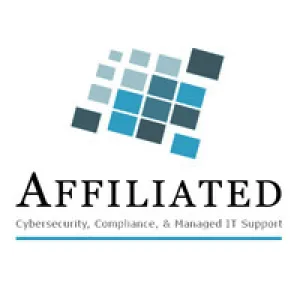November 06, 2025
A new client shared, "Back when I was new to
administration, I assumed our systems were being watched. I thought if
something went down, someone would let us know right away. But one night, our
NextGen system froze. Nurses couldn't access records, and no one, not our IT
vendor, not our leadership—knew it had gone dark until someone called me in a
panic.
That's when I learned the hard way: if you're
not monitoring your systems, you're just running blind."
"If you don't know when your system is down,
how can you know when it's working?"
System uptime just means: is your technology
running like it should, right now? Monitoring uptime is like checking vitals on
your residents. And yet, many LTC facilities don't ask whether it's happening or
what is monitored.
A 2023 report from the U.S.
Office for Civil Rights found that 42% of breaches in healthcare were tied to
missing or delayed alerts about system outages or failures.
Here's what I wish every LTC Administrator knew
to request:
1. Ask for a real-time dashboard. Your
IT team/partner should provide a simple way for you or your designee to check
system health—especially for EMRs, med carts, and Wi-Fi.
2. Set clear alert protocols. Who gets
called when something fails? Are alerts sent after hours? Who responds if it's
a Sunday?
3. Log all outages. Even short delays
matter. Include them in QAPI and staff huddles. It builds awareness—and
accountability.
4. Empower your nurses. Teach staff to
notice when something slows down or freezes. Early alerts from the floor are
often faster than a sensor.
5. Tie uptime to resident safety. When
nurses can't document or access records in real time, it's more than
frustrating. It's a risk to medication accuracy and care coordination.
Our new Client continued, "After that frozen
system night, we added a "tech status" check to our shift reports. It took 10
seconds—but it made a big difference. It gave staff permission to speak up
early."
Monitoring uptime isn't a tech luxury. It's a
leadership move. And it shows your team that someone is watching out for them,
even behind the scenes.
If you have questions about your IT operations
or compliance requirements, call us and we will be happy to help you get
started.
Interested in a conversation or want to learn more? Contact us here.




